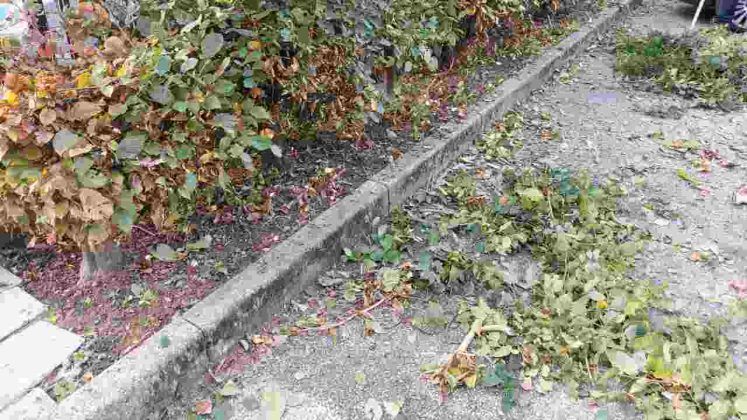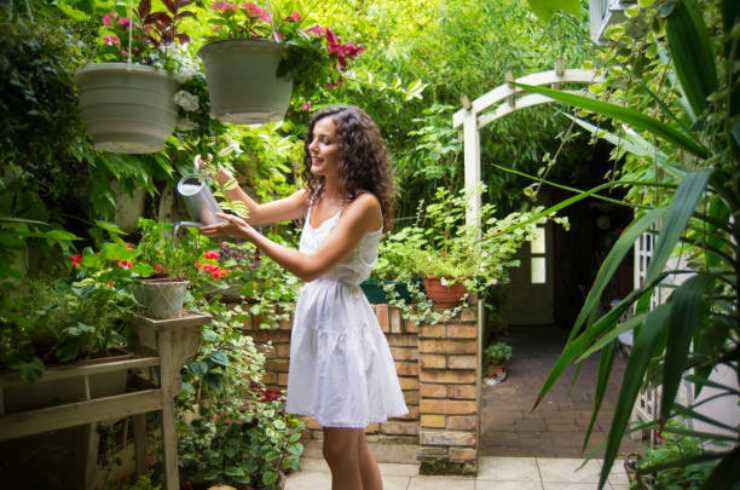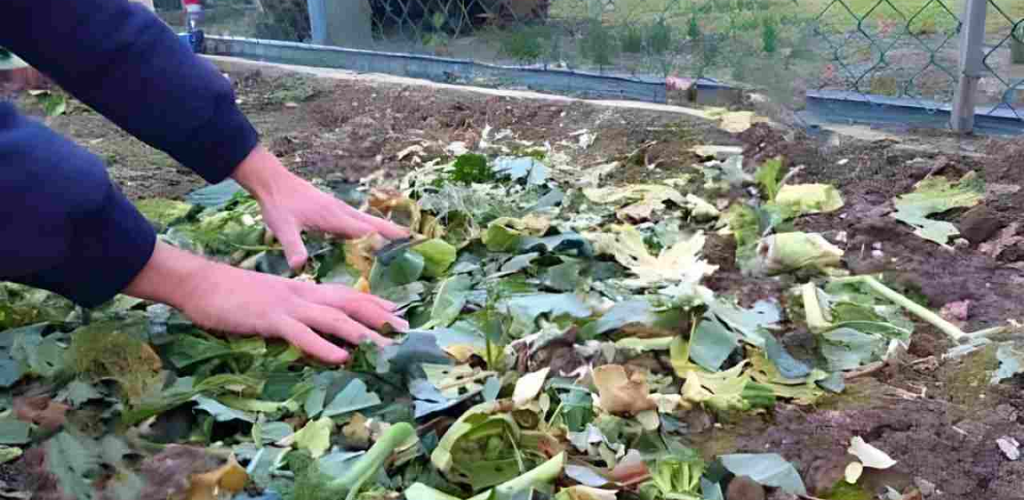DO NOT THROW AWAY THE REMAINS OF PLANTS FROM THE GARDEN, THEY ARE WORTH GOLD IF YOU REUSE THEM THIS WAY
Did you know that you shouldn’t throw away the remains of garden plants? You can get huge benefits if you reuse them, let’s find out how!
Reusing the remains of garden plants to fertilize the soil is the most natural and effective way to restore all the necessary nutrients to transfer to the new plants to make them lush and healthy. Usually they are removed to be thrown in the trash , but with the permaculture method you get better results and also do a lot of good for the environment. Let’s find out how to turn garden waste , roots, branches and leaves into organic fertilizer!
DO NOT THROW AWAY GARDEN PLANTS
Most people, when the plants have completed their journey and produced fruit, have the habit of uprooting the plants, then removing the root, stem and leaves , in an attempt to clear the soil.
It is a normal routine to have free land again to plant other seedlings, but instead of throwing away the remains or putting them in the composter, we can reuse them .
In fact, we can cut them into small pieces and put them back in the ground, right where they developed. This practice is useful for letting nature take its course and not altering it.

As we know, with the arrival of autumn, branches and leaves fall to the ground where, over time, they decompose and become organic matter. Likewise, all plants die when they reach the end of their life cycle and decompose in the same place where they grew.
VITAL PROCESS OF PERMACULTURE
This process is the basis of pemaculture, which consists of an integrated design process based on ecological principles and strategies to create a sustainable and balanced environment.
In practice, with this system, plants decompose and return their nutrients to the soil , giving rise to an endless and perpetual life cycle.
The remains of the plants can be placed in the same place where they grew or in another place in the ground where you need to plant other plants.
The result is to allow garden waste to transform into compost already available in the soil itself, which will find its nourishment. By using this method, you avoid using chemical fertilizers and give the soil the opportunity to improve its composition.

How to Perform the Procedure
To best reuse garden waste and transform it into a powerful organic fertilizer for the growth of other plants, it is advisable to equip yourself with a pair of large scissors to cut the waste into small pieces . In this way , decomposition is accelerated and the risk of attracting snails, which would devastate the plants, is avoided.
Do not put a thick but thin layer on the soil to speed up decomposition and make the roots and leaves turn into organic matter as quickly as possible. While remaining in the soil , the remains will rot and reach depth , adding more organic matter .
The benefits obtained for the soil are also better aeration and drainage of the soil. In addition, water retention also increases in the soil , achieved through the mulching action. This way the soil remains cooler during the summer season and does not cause immediate evaporation of water.
You can also put garden waste in the compost bin, but the quickest and most natural way is to put it directly back into the ground cut into small pieces. However, you must be careful with the remains of diseased plants; these must be thrown in the trash to avoid the spread of fungi .
As we have seen, instead of throwing garden waste in the trash, let’s use it to nourish the soil and provide other plants with an excellent supply of organic substances. The only thing we need to check is if the remains are affected by diseases and in this case it is better to get rid of them.
